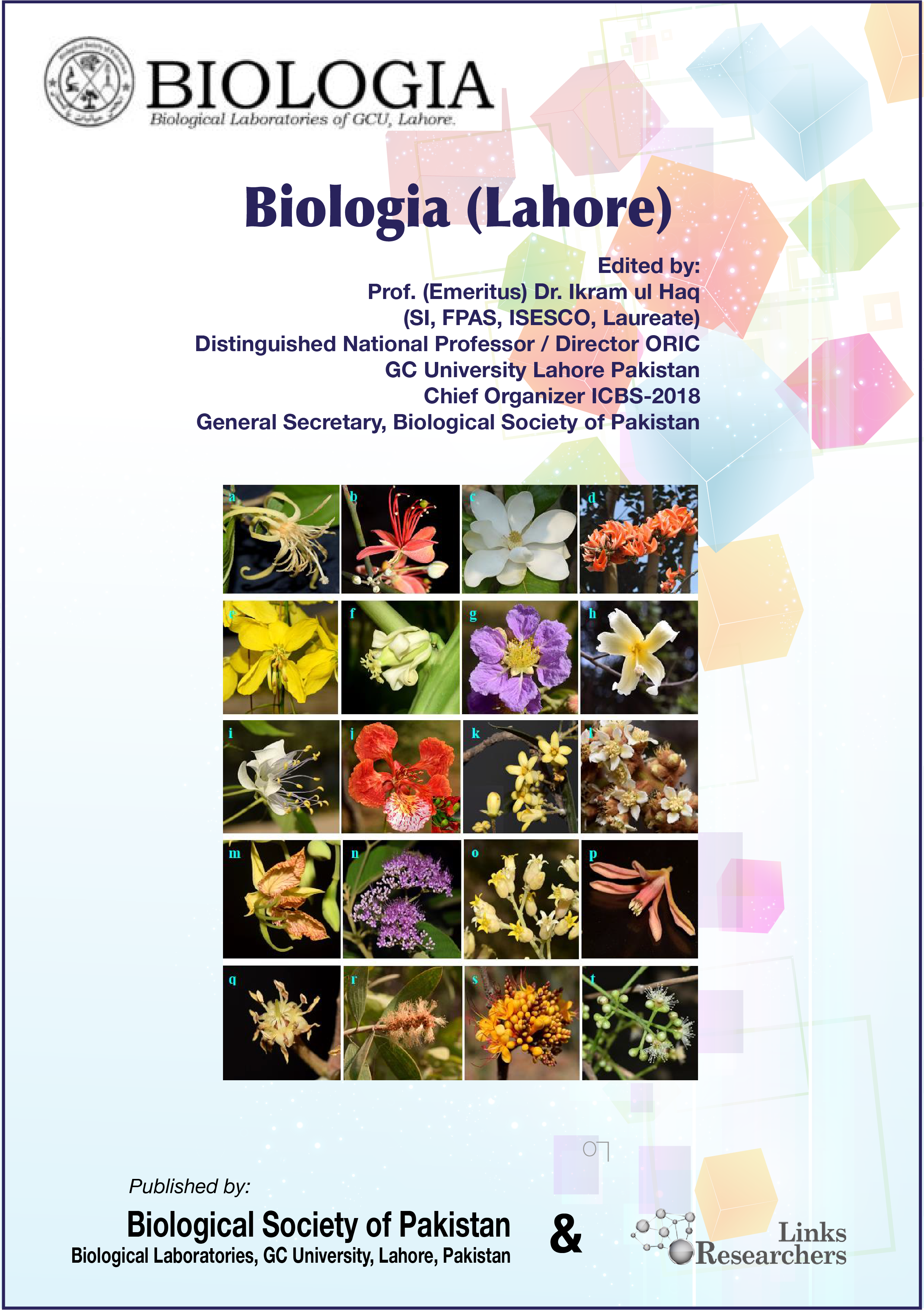Campylobacteriosis in humans & poultry and sustainable rescue options
Campylobacteriosis in humans & poultry and sustainable rescue options
SHEIKH AJAZ RASOOL1*, MUNAZZA DANISH AJAZ2, MUHAMMAD SALMAN RASOOL3, AHSAN SATTAR SHEIKH4 & FIRDAUS KOUSAR BUKHARI5
ABSTRACT
Campylobacter jejuni constitutes the front runner bacterium towards causing gastroenteritis globally. It is usually contracted through consuming improperly processed poultry products and by intake of contaminated water. Post intake, the bacterium tends to adsorb or attached to the gut epithelial lining and incites toxin-associated deferment of liquid re-absorption from the gut plus invasive inflammatory manifestation along with diarrhoea. Acute or chronic or persistent campylobacteriosis are dealt with antibiotics and proton-pump inhibitors. However, an ever increasing problem of antibiotic resistance evolution has been there and that is alarming. Thus, urgency exists for finding out non-classical therapies as reduction factors against Campylobacter nuisance in humans and poultry. In addition, a few probiotics have been instrumental to cut down the adverse effects rendered due to the classical antibiotic therapies with particular reference (wpr) to GIT. Particular probiotic strains (including Lactobacillus johnsonni La1 and Saccharomyces boulardii) have been able to downgrade the concentration of bacteria. It has been reported that Lactobacillus reuteri is at par in efficacy in this regard. The aim of this article involves the provision of an update of the present and futuristic approaches and therapeutics to eradicate infections in animals and humans. Miscellaneous approaches include anti-Campylobacter compounds, probiotics, bacterial viruses, and vaccination and bacteriocins. These approaches have shown successful results towards lowering the occurrence of Campylobacter-associated ailments in humans and for bioclustering in the poultry houses and animals.
To share on other social networks, click on any share button. What are these?








